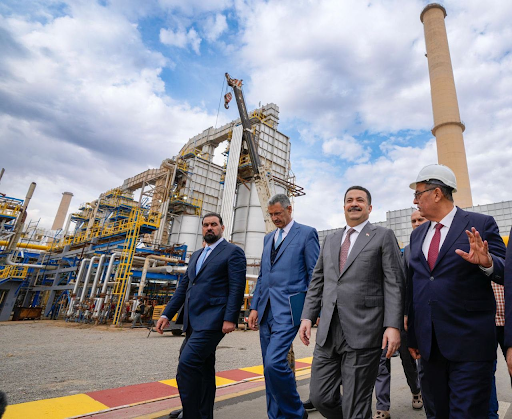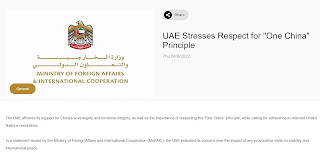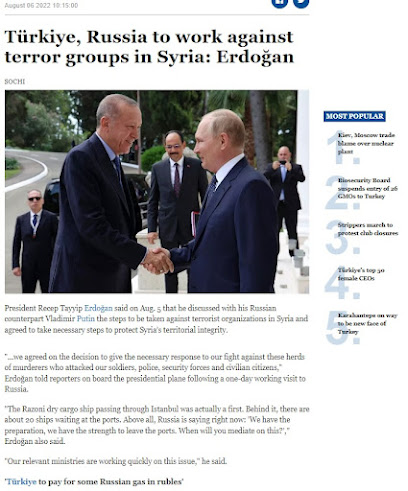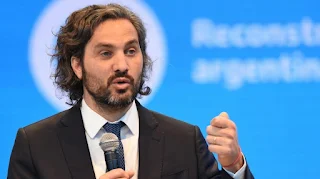
Russia and Iran Seal $25 Billion Nuclear Deal in the Shadow of Conflict
The Deal: A Massive Expansion of Nuclear Capacity
The agreement, signed between Iran’s Hormoz Energy Company and Russia’s state nuclear corporation, Rosatom, entails the construction of four new, advanced nuclear power plants in Iran’s southern Hormozgan province. The project, which will occupy a 500-hectare site, involves third-generation reactors, representing a significant technological leap. This deal is an execution of a memorandum of understanding signed days earlier in Moscow, highlighting the rapid pace of deepening ties between the two nations.
This expansion is in addition to Rosatom’s ongoing work completing the second and third units at the existing Bushehr nuclear power plant, solidifying Russia's role as the primary architect of Iran's civilian nuclear infrastructure.
Strategic Context: The Unspoken Security Guarantee
The timing and scale of this agreement cannot be divorced from the recent military confrontation. A 12-day war, initiated by a US and Israeli strike on Iran's nuclear facilities, demonstrated Tehran’s vulnerability to Western military action. However, one critical detail from that conflict has not gone unnoticed in world capitals: Russian-built facilities, namely the Bushehr power plant, were conspicuously spared from attack.
This selective targeting is widely believed to be a deliberate choice by the US and Israel to avoid a direct military confrontation with Russia. It underscored a stark reality: infrastructure under Moscow’s umbrella enjoys a level of protection that purely Iranian facilities do not.
It is within this context that the new $25 billion deal must be viewed. While officially a "peaceful nuclear energy" project, the agreement almost certainly contains implicit, if not explicit, security understandings. By massively expanding its physical and financial stake in Iran’s nuclear program, Russia is raising the stakes for any future adversary.
An attack on these new facilities would not just be an attack on Iran; it would be an attack on a $25 billion Russian asset, potentially triggering a direct response from Moscow. This creates a powerful deterrent. The security guarantee may also manifest in the form of advanced Russian air defense technology, such as the S-400 system, specifically deployed to protect these sensitive sites.
Geopolitical Implications: A New Axis Solidifies
This deal represents a formalization of the Iran-Russia axis, which has been strengthening over years of shared opposition to Western foreign policy. For Russia, the agreement serves multiple strategic purposes:
- Economic Leverage: It injects billions into its state-owned nuclear industry, circumventing Western sanctions.
- Strategic Depth: It anchors Russian influence deep in the Middle East and the crucial Strait of Hormuz.
- Deterrence Posturing: It signals to the West that Russia is willing to directly underwrite the security of US adversaries, complicating future military calculations.
For Iran, the benefits are equally clear. Beyond the energy independence the plants may provide, the deal offers a form of insulation from external military threats that it could not achieve on its own. In the wake of the recent attacks, securing this Russian "nuclear umbrella" for its facilities is a paramount strategic victory.
Beyond this deal...
The $25 billion nuclear deal between Moscow and Tehran is far more than an energy contract. It is a direct consequence of the recent conflict and a strategic response to it. By embedding its nuclear corporations ever deeper into Iranian soil, Russia is not just building power plants; it is constructing a geopolitical fortress. The unspoken message to the West is clear: any future strike on Iran’s nuclear program will have to calculate the high risk of striking a Russian target, fundamentally altering the calculus of confrontation in the Middle East.













































































